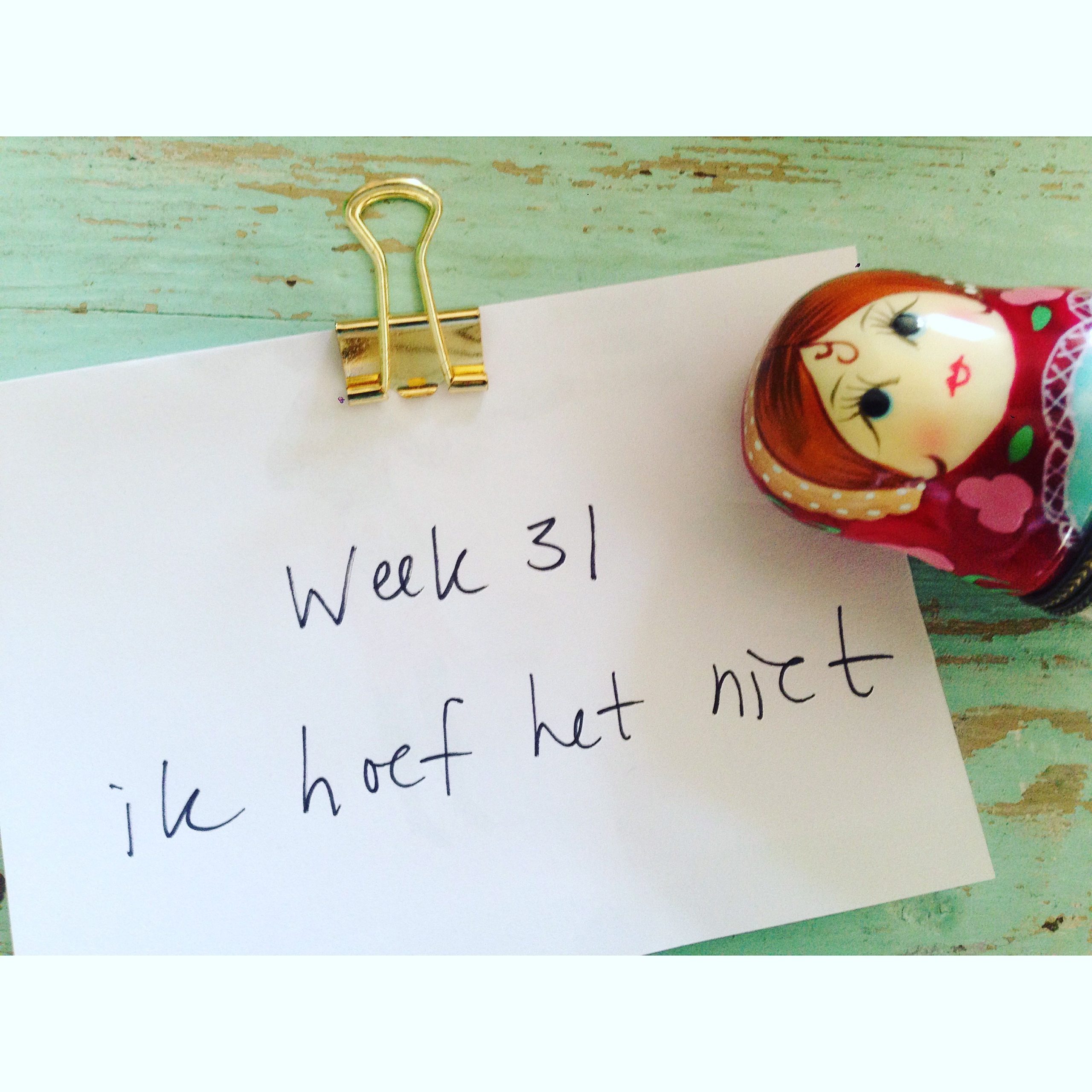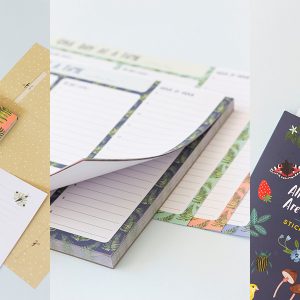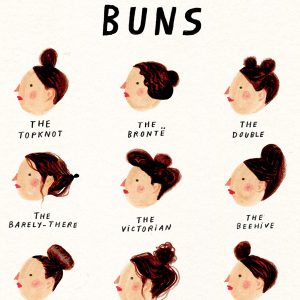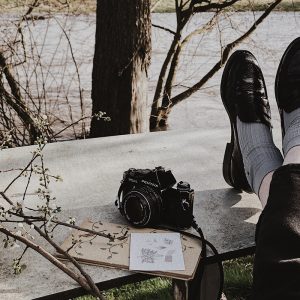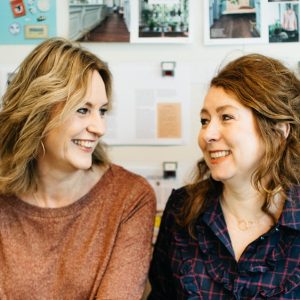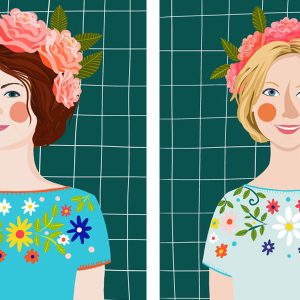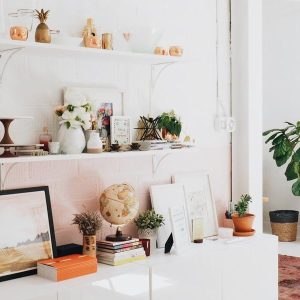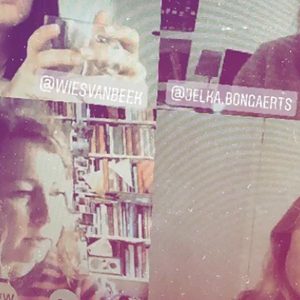I don’t need it
It’s funny; after spending more than six months on this whole decluttering thing, there really has been a big shift in my behavior. Namely that I actually buy less stuff. And that I am also less affected by the need to have something; wherever I am—be it in a museum shop, concept store or wherever—or whatever pictures I see in magazines, I simply think to myself: “I don’t need it.” And that, for a former “I’ve-simply-got-to-have-it” person, is a huge step forward. Because I always wanted to have everything. It even seemed to me that I should have it all, what with me being your average child of the modern consumer society. I knew that, when I had a house of my own, I would want to fill it with “grown-up” things like a juicer, a stepladder, a pressure washer and Eames chairs. And if I hadn’t already decided on what I wanted to have, then there were ads on the TV, brochures in the mail, and lifestyle magazines that would alert me to what I was missing out on, and would shout out to me: “You need—no, you MUST have—this!” As soon as I received my salary, I used to think (yes I’m sorry, I hang my head in shame as I confess this): What shall I buy this month? And I wasn’t thinking about sensible stuff like fruit and vegetables and guinea pig food; I was thinking about hardcore knickknacks and clothes.
It’s a good thing that my behavior is different now, because according to James Wallman, author of the book Stuffocation (he’s kind of the sweet male version of Marie Kondo), decluttering has everything to do with habit change. We are simply accustomed to buying a lot. We are accustomed to listening to trend watchers, fashion magazines and advertising agencies. We are accustomed to using possessions to show the world that things are going well in our lives. We are accustomed to thinking that happiness comes from buying something new. But as with all habits, you can change your behavior towards buying stuff.
We’re featuring an interview with James Wallman in a forthcoming issue of Dutch Flow. In it, he says: “Firstly, you need to replace materialistic values with experiential ones. So don’t try looking for happiness and importance in possessions, belongings and other material things, but in experiences. The next step is to change your behavior. The good thing is that it really is easy. Once you’ve changed your value system, you will automatically not buy so much stuff.”
“I don’t need it.” It’s a lovely new phrase to have in my head. Don’t get me wrong, I still find the same things beautiful: the uber-styled living rooms portrayed on those interiors’ programs on TV; everything stocked in the concept stores run by hipsters and girls wearing pineapple-printed T-shirts; the stunning French dinner set that belongs to one of the mothers at my kids’ school… But: I no longer have to have them myself. I have enough as it is. If I could write a musical about decluttering, I would make a song about this particular feeling. I would dance through a store, occasionally running my hand over something, and then dance on again, singing: “I don’t have to have it, la la la.”
And what more do I get from this new version of myself, except a musical song and a fair bit more money every month? (Honestly! But then again, that’s all spent on expensive concert tickets. Which is okay, however, as it’s permitted by James Wallman and his “happiness is found in experiences” way of thinking.) It also leaves me with a whole load more time. And after thirty weeks of decluttering, I’m more than happy with this win-win situation.
Astrid, together with Irene, is the founder of Flow Magazine. She lives with her partner and two children. Each Tuesday, she writes about the sense—and nonsense—of decluttering.
“Week 31 – I don’t need it”


